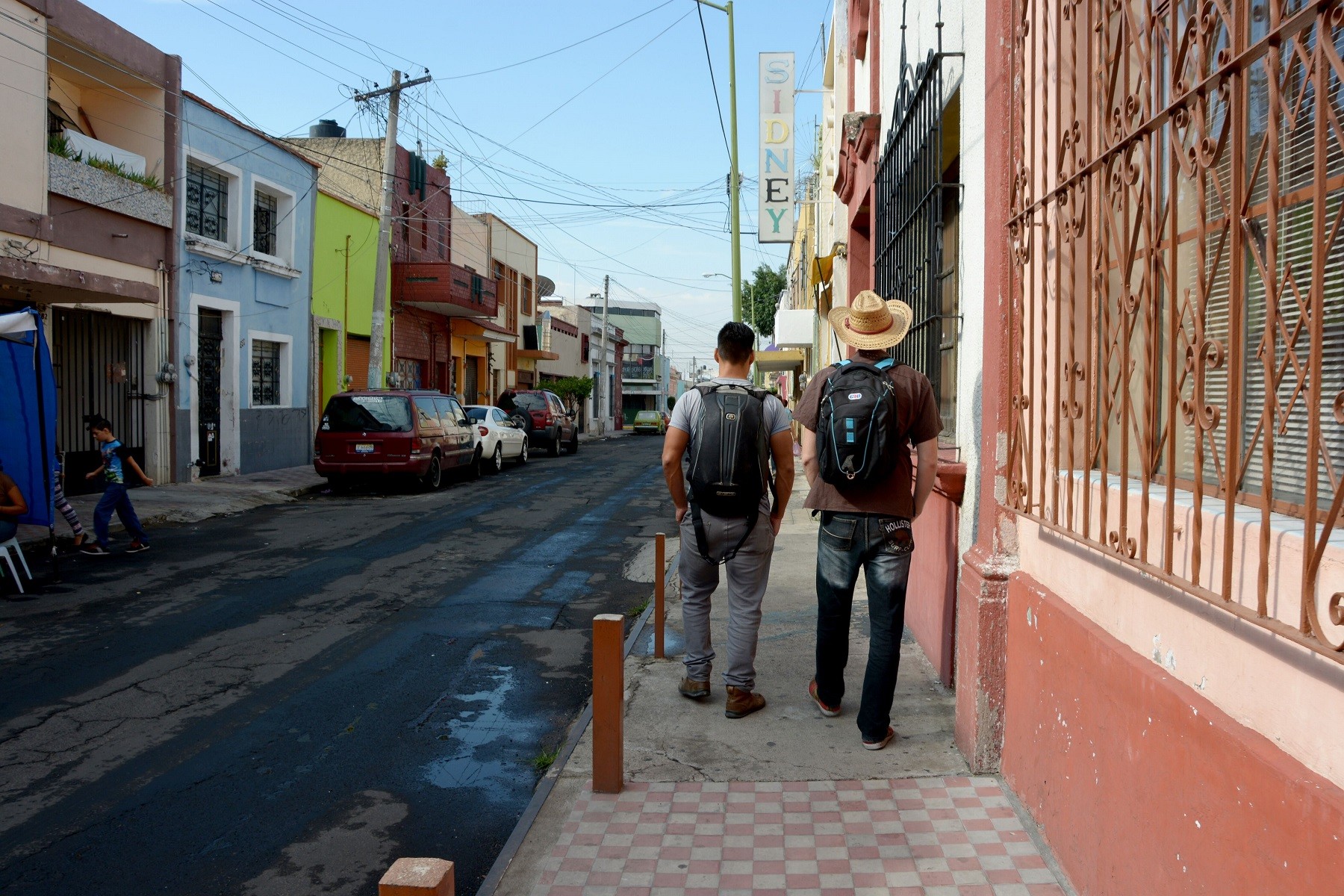
Maan approached me while I was writing by the TV, speaking broken English. English was probably somewhere between his 4th language and his 12th. Sometimes I had to take some time to figure out what he meant.
“I want you to translate something into Spanish for me. Something for a woman. ‘Nature took its time in making you, so that you sit alone.'”
-Sit alone? You mean she has no friends?-
“No no… She stands alone!”
-Ah. You mean, there is nobody like her.-
“Right, right – nobody likes her!”
-That’s not quite what you mean.-
I wrote on a scrap of paper: “La naturaleza tomó su tiempo en crearte, para formar una belleza tan única.”
“You write a lot,” said Maan.
-Yes.-
“You write what happens here.”
-Yes, things that happen… my arrest. Things I dream of doing when I get out.-
“50 years ago, a man came to India, writing many things. When he wrote them, maybe they weren’t important to anybody but him. Just things he saw when he came, his thoughts about how people lived – every day life. Now those notes are historical; now we see through time with his writings. Maybe what you’re writing is the same. Maybe you’re writing history.”
-If we live another 50 years, we will see. Thanks for saying that, Maan.-
I kept writing. I thought about the day they picked me up. Gela and I were on a bus from Ixmiquilpan to Mexico CIty. She sat to my left, in the window seat, without a seat belt on, moving in different positions as she spoke to me, excitable, as a kitten. She told me some things about her perspective on the world. This is what I gathered from it.
Everything in this universe is a part of a kind of fractal, a hologram reflecting things close to it and related to it. So, each word we use has a congruence, and its sound and written form reflect its true nature.
As everything has this holographic nature, information is contained within it. By looking at things in the right way, in a meditative way, you could determine what they were, gaining pure insight. Gela called it “channeling”. In fact, I had heard of this ability before. It’s referred to in the Hatha Yoga Pradipika as “True Sight”, and I even met a fellow once who claimed that he attained that ability after a year of meditating 8 hours a day. He could look at an object and instantly understand its function, he said, just as if he were remembering it.
Gela said she picked up some information about the word “GOD”, discovering its nature through a kind of etymological divination. The word “GOD” is a trap, and you can see that in its written form – the G and D are roadblocks, preventing the flow from the O – the void, the source, the infinite potential. The word “GOD” refers to something external, not something internal, and in fact, it may even be the name of an external entity, which has somehow manipulated us into giving it power.
She told me about a time she’d seen a man in a restaurant, an unremarkable man, a little overweight, plain features, not especially charismatic. And yet, many people who passed him in the diner decided to pay their respects. Gela approached him and asked him what it was that people wanted to talk to him, shake his hand and thank him. He said it was quite simple. He’d changed his name to the Farsi word for “god”. With all of these people saying their praises and curses to this word, he decided he had to absorb some of that power.
The idea is somewhat poetic, and elegant, that a word can reflect the true nature of something, that its true nature would be hidden from us in plain sight. Whenever you named something, you would be describing its essence, whether you intended to or not.
I can see how, with certain words, people are separating themselves from their role as the Creator. Saying words like “LORD” or “SEÑOR” even implied domination, subjugation, servitude. “DIOS” and “DEUS” come down from words to describe the sky, again something external, and something almost completely beyond your control. The Hebrew word “YHVH”, normally written in English as “Yahweh” or “Jehovah” means “He is” or “They are”, again something external. But one of the highest words for “God” in Hebrew is “Elohim”, meaning “I am”.
I told her that I wasn’t completely sure about all of it, but I generally avoided the word “GOD” for other reasons. As a writer, and an analytic mind, I like to be precise about the language I use, and the word is anything but precise. Many people use the word as a shortcut for certain kinds of experiences that they have, peak experiences, the feeling of unity, the feeling that everything is exactly as it’s meant to be, sublime bliss, epiphany, and so on. To have one of these experiences and then obscure the meaning and depth of it by writing something like “I was touched by the Holy Spirit”, would never meet my standards of artistic integrity, and of communication. Using “GOD”, like using “very”, is lazy writing.
I asked Gela, what about other words that we use in similar ways – what about the word “divinity”? She said it sounded like “dive-in-ity”. I like that.
To be continued…

2 comments for “Deported! Leaving Mexico the hard way: Part 7”